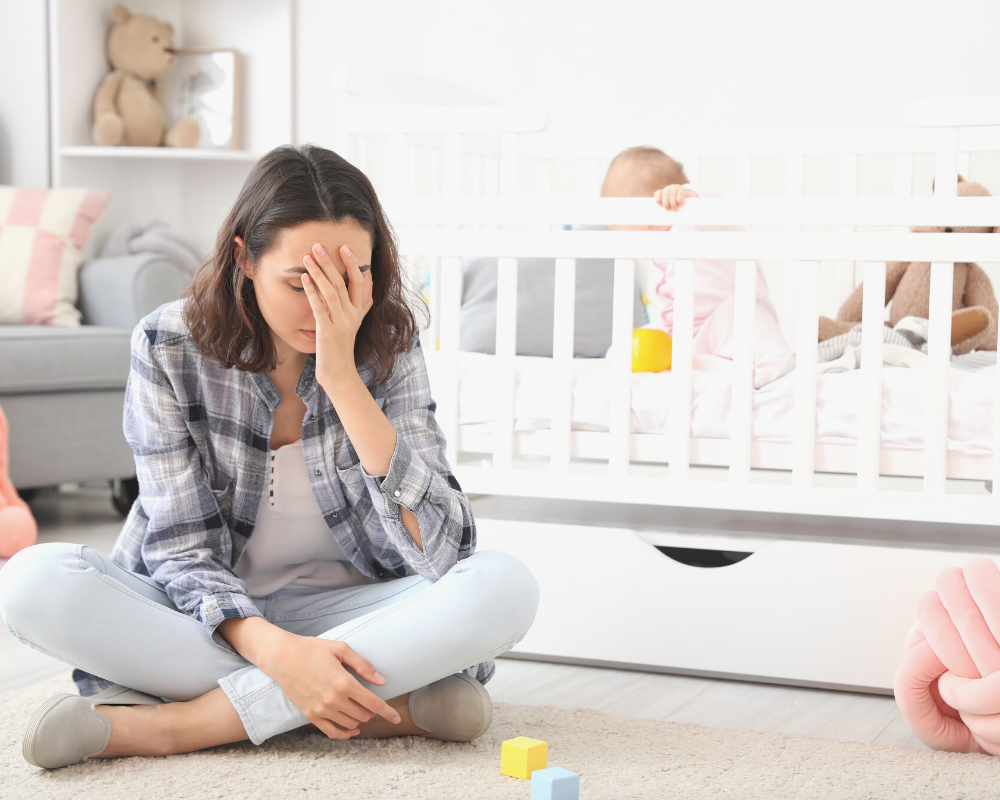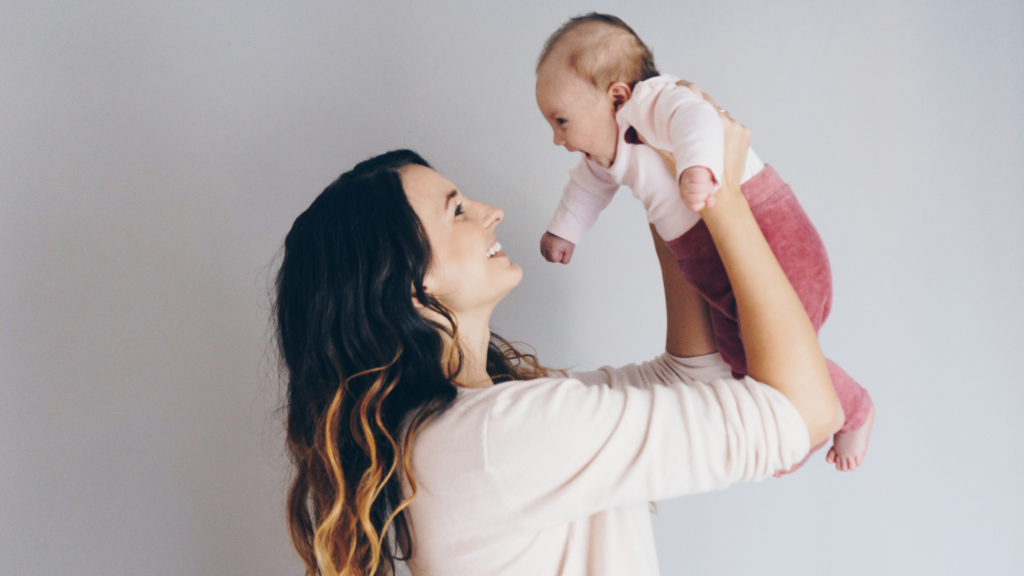
I just had a C-section delivery. How can I recover faster?
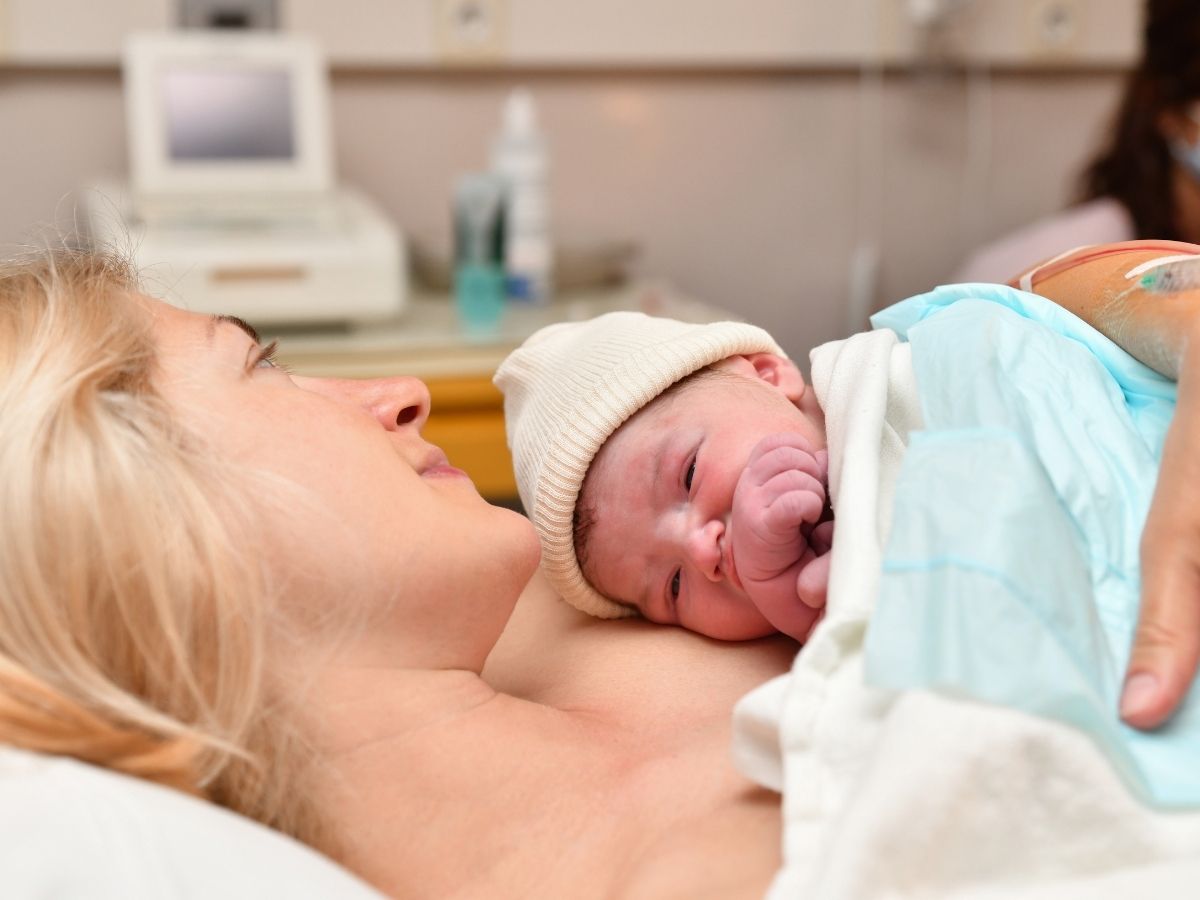
A C-section birth, also known as caesarean birth, is a big surgery. It has become more popular in recent years, with C-section birth making up 30% of the total birth deliveries in Singapore. How it differs from normal vaginal birth is that the doctors make a cut in the mother’s belly and uterus to deliver the baby instead of delivering through the birth canal.
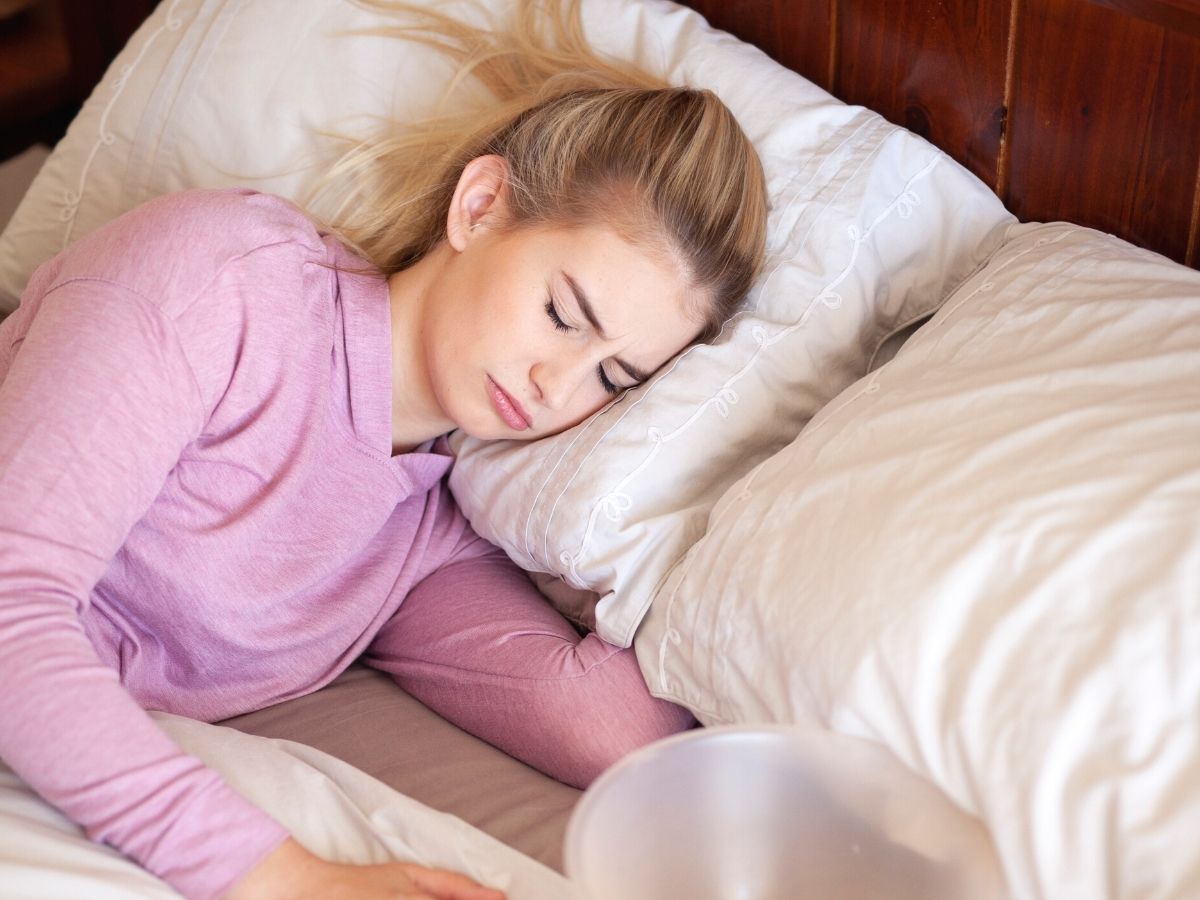
The estimated recovery period for C-Section surgery is at least 6 weeks. Most C-section births are safe and new mothers should awake and breastfeed normally within a few days. Plenty of rest is important after the surgery for the surgery wound to heal properly.
In the first 24 hours after surgery, bed rest is usually recommended. Most women will not feel any pain after the surgery, as you will be under painkillers to reduce the pain. Once the painkillers wear off, you may start to feel some discomfort or pain around the surgery wound. In fact, some women report being sick, groggy or confused from the drugs upon waking up.

For starters, you should drink more fluids to replenish the water lost through breastfeeding and the surgery. You may regain mobility after the surgery, but normally a drip will be available to keep you hydrated, and a urinary catheter to keep your bladder empty if you prefer to remain on the bed. You can expect to spend two to three days in the hospital with your newborn baby as you recover.

Sometimes complications can occur post-surgery, such as excessive bleeding, urinary problems and lower abdominal pain. This usually signals a wound infection and can be easily treated with antibiotics.
Deep Vein Thrombosis (DVT) is the biggest risk to women after C-section surgery. Some women may choose to wear compression stockings to prevent blood clots in the legs. Women who are overweight and immobile for long periods of time are the most at risk for DVT. This is why doctors will advise you to move after the first 24 hours, assuming the surgery has gone without a hitch. Early warning signs of DVT include calf tenderness, breathlessness and cough, hence you should take note and report these symptoms to your doctor as soon as possible if you notice these symptoms.
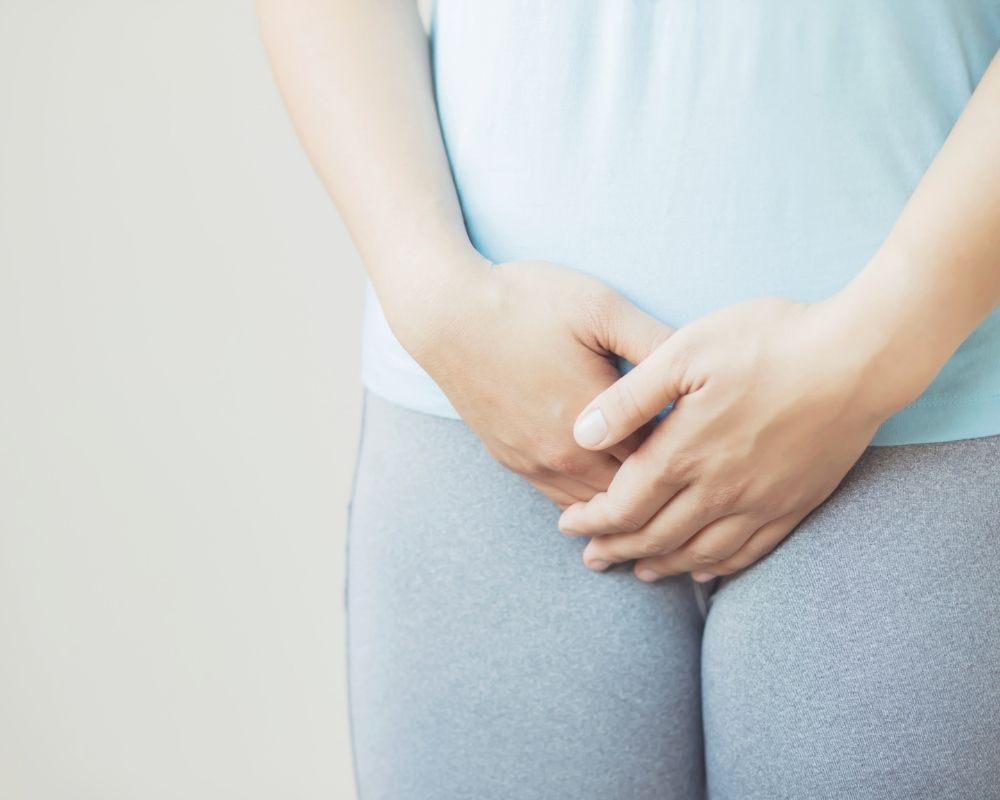
You will likely have vaginal discharge for several weeks after delivery, as the uterus heals and sheds the remainders of the pregnancy. Vaginal bleeding lasts about four to six weeks and is the heaviest during the early days of delivery. The discharge will be bright red blood that gradually turns a lighter color until it becomes yellow and stops. Cramping is also a common symptom as the blood vessels in the uterus narrows to stop the after bleeding. Other common side effects of C-section surgery are constipation, bloating and nausea. It is also normal to feel pain at the incision site. It is perfectly okay for you to be on pain medications, so ask your doctor for it if the pain gets too much.
Most women should not exercise, have intercourse or drive until after 6 weeks post-surgery. This is because the wound needs to be fully healed for these activities to be carried out safely. Most doctors will use dissolvable stitches for the C-section surgery, hence there is no need to remove them and the stitches will disappear over time.
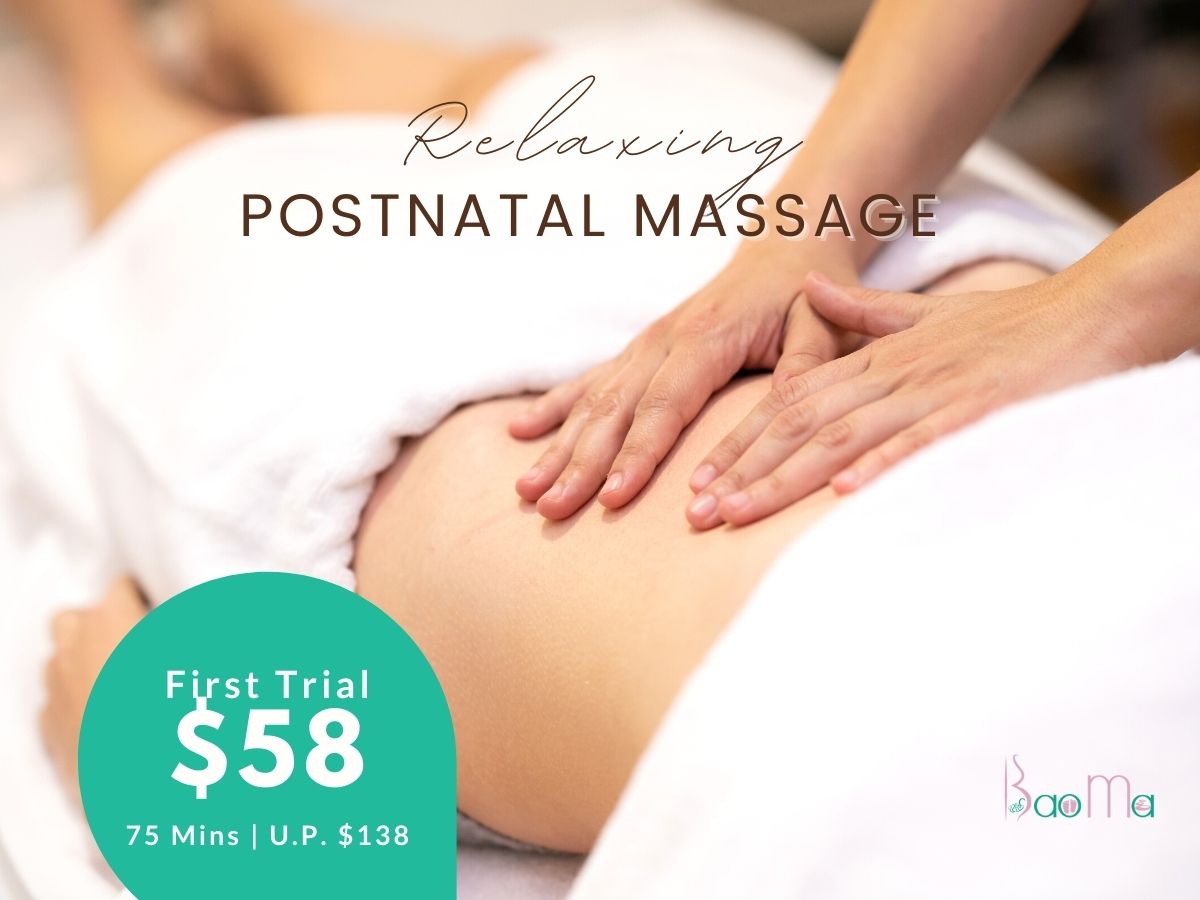
With that being said, every woman’s recovery journey is different. Some women experience pain for several months, while others suffer from urinary and bowel incontinence. Long term monitoring and guidance from specialist, especially pelvic floor therapist, can benefit women greatly in their recovery.
You can consider postnatal massage to boost postpartum recovery. It will help enhance your overall health and well-being. Click here to find out more.


